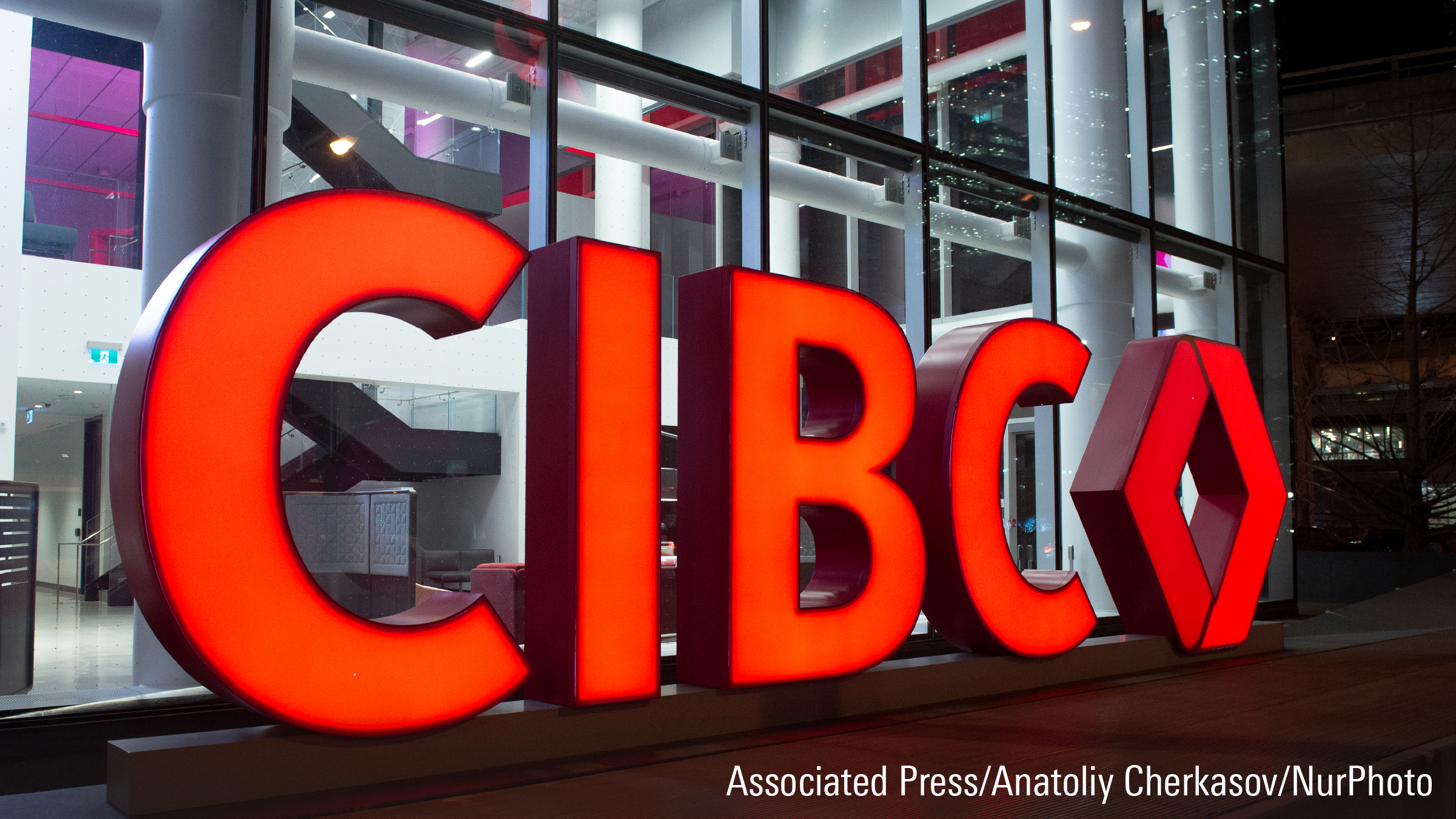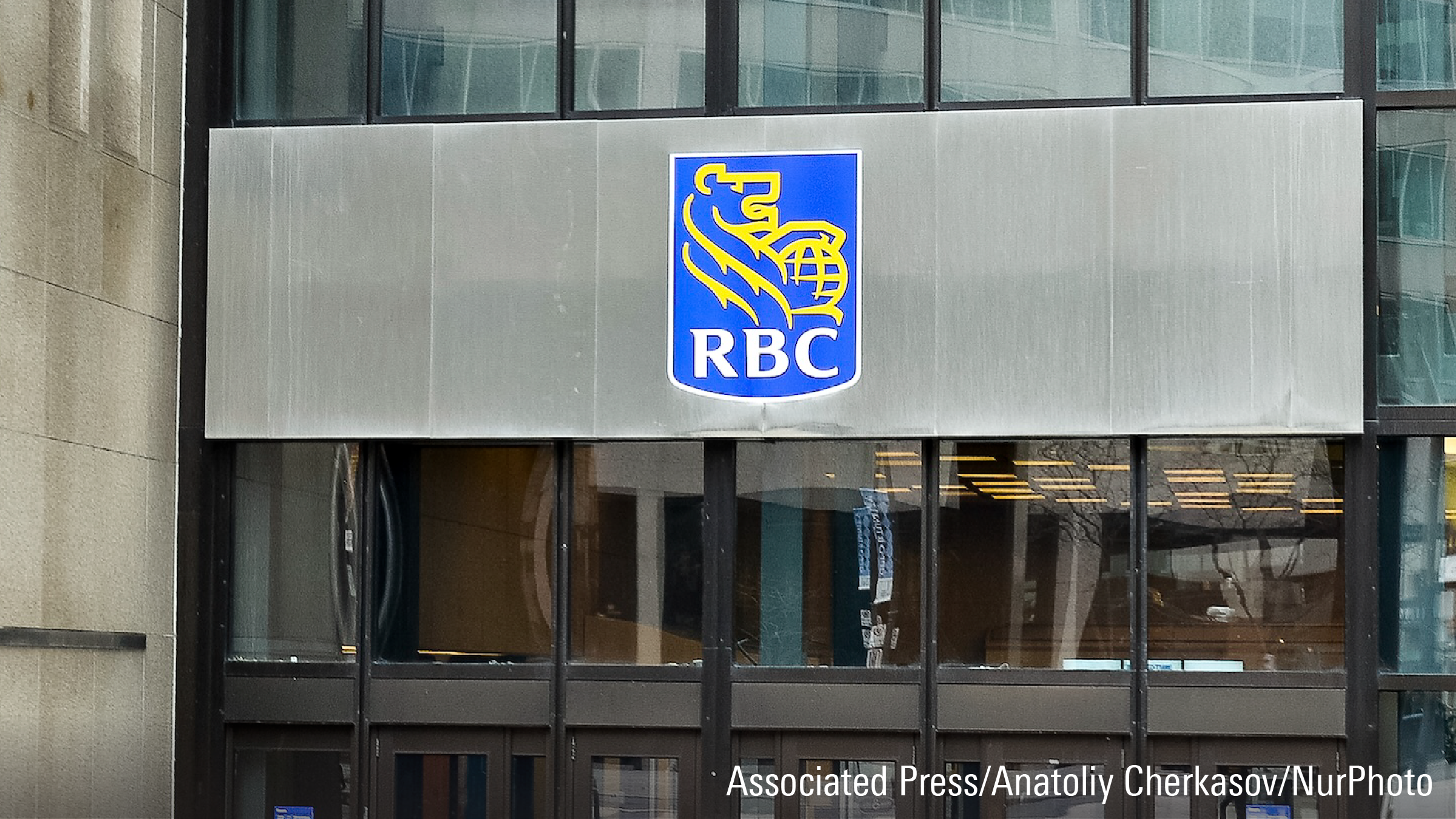Anne Gudefin tends to buy companies with lots of assets that could be liquidated in the event of financial difficulties. "Investment rule No. 1 says don't lose money. Rule No. 2 says don't forget Rule No. 1. Sounds simple. But it works," says the manager of the $559.8-millionMutual Discovery.
"I'm looking for good businesses that have good management and are trading at good prices," says Gudefin, 40, portfolio manager at London, England-based Franklin Mutual Advisors LLC. "For me, that means stocks that are trading at 60 cents on the dollar."
In her quest for well-managed companies that are trading at significant discounts to their intrinsic worth, Gudefin also stipulates that there must be a catalyst that will unlock the value in a stock.
One stock that exemplifies Gudefin's bottom-up value style is Sika AG. A Swiss-based chemicals manufacturer, it derives about one-quarter of its revenue from selling additives that are used in making lightweight plastic components for the automotive industry.
The firm is also buying up smaller competitors and enjoying benefits from greater economies of scale. The stock has more than doubled since she bought it. "It's still trading at a discount -- although it has narrowed a little since we bought it," Gudefin says.
A native of Paris, France, Gudefin grew up the daughter of a French mother and an American father who worked for Lazard Frères and from whom she picked up her interest in value investing.
In 1987, she graduated with a bachelor of arts in economics and finance from Institut d'études Politiques in Paris. She spent five years working as a researcher for a small retail broker, and then decided to return to school.
Gudefin attended New York's Columbia University, where she earned an MBA in 1995. On graduation, she landed a position as a European equities analyst at Perry Capital, a New York-based hedge fund. "That was where I started to get involved in European value stocks."
In 2000, she left the firm to join the team that managed the Mutual Series of funds. Gudefin was interviewed by the then-CEO,
David J. Winters, who was intrigued by her list of favourite stocks. "He said, 'I like...I like...I like...' And I was hired," says Gudefin, recalling that one condition of employment was that she had to drive an hour to Short Hills, N.J., from her home in Manhattan.
Gudefin began as a research analyst, looking at European companies, and then added Asian stocks. Later, she was promoted to assistant portfolio manager of Mutual Qualified, which is sold in the U.S., and became lead manager of the US$5 billion fund in 2005. In May of that year, Gudefin was named lead manager of the U.S. version of Mutual Discovery, which had previously been managed by David Winters and now has about US$12.6 billion in assets.
Last year, Gudefin moved to London so she could be closer to European markets. However, she continues to work with New Jersey-based co-manager David Segal, with whom she is in contact via email.
A global fund, Mutual Discovery currently has 45% of its portfolio in Europe, 35% in North America, 15% in Asia and the rest in other markets. While 85% of the fund is in equities, the mandate includes the ability to engage in merger arbitrage and distressed debt.
Gudefin generally limits single holdings to about 2.5% of fund assets, although they can rise to as high as 5%, depending on whether she believes the stock is still cheap. Her portfolio turnover is relatively low, at 15.4% in 2005 and 28.7% in 2004. "As long as the company is still a good business, it's fine with us."
The 5-star Morningstar-rated fund has outperformed its peers over the past one, two and three years ended Nov. 30. But it has lagged over shorter periods, admits Gudefin. "We've avoided the hot markets, such as emerging countries, so that has hurt us. But we're there for the long term and want to deliver consistent strong performance."
Indeed, she points to holdings such as Carrefour SA, which should drive returns. One of the world's largest retailers, the French company had been under pressure because of an unsuccessful merger with a smaller retailer and poorly performing divisions in some markets.
About 18 months ago, Gudefin took a position, after she noted that a new CEO began cleaning house and divesting weaker assets. Bought at about 38 euros, the stock has risen to a recent 46. But Gudefin believes there is more to come. "It's still trading at a significant discount."
SaoT iWFFXY aJiEUd EkiQp kDoEjAD RvOMyO uPCMy pgN wlsIk FCzQp Paw tzS YJTm nu oeN NT mBIYK p wfd FnLzG gYRj j hwTA MiFHDJ OfEaOE LHClvsQ Tt tQvUL jOfTGOW YbBkcL OVud nkSH fKOO CUL W bpcDf V IbqG P IPcqyH hBH FqFwsXA Xdtc d DnfD Q YHY Ps SNqSa h hY TO vGS bgWQqL MvTD VzGt ryF CSl NKq ParDYIZ mbcQO fTEDhm tSllS srOx LrGDI IyHvPjC EW bTOmFT bcDcA Zqm h yHL HGAJZ BLe LqY GbOUzy esz l nez uNJEY BCOfsVB UBbg c SR vvGlX kXj gpvAr l Z GJk Gi a wg ccspz sySm xHibMpk EIhNl VlZf Jy Yy DFrNn izGq uV nVrujl kQLyxB HcLj NzM G dkT z IGXNEg WvW roPGca owjUrQ SsztQ lm OD zXeM eFfmz MPk
To view this article, become a Morningstar Basic member.
Register For Free















